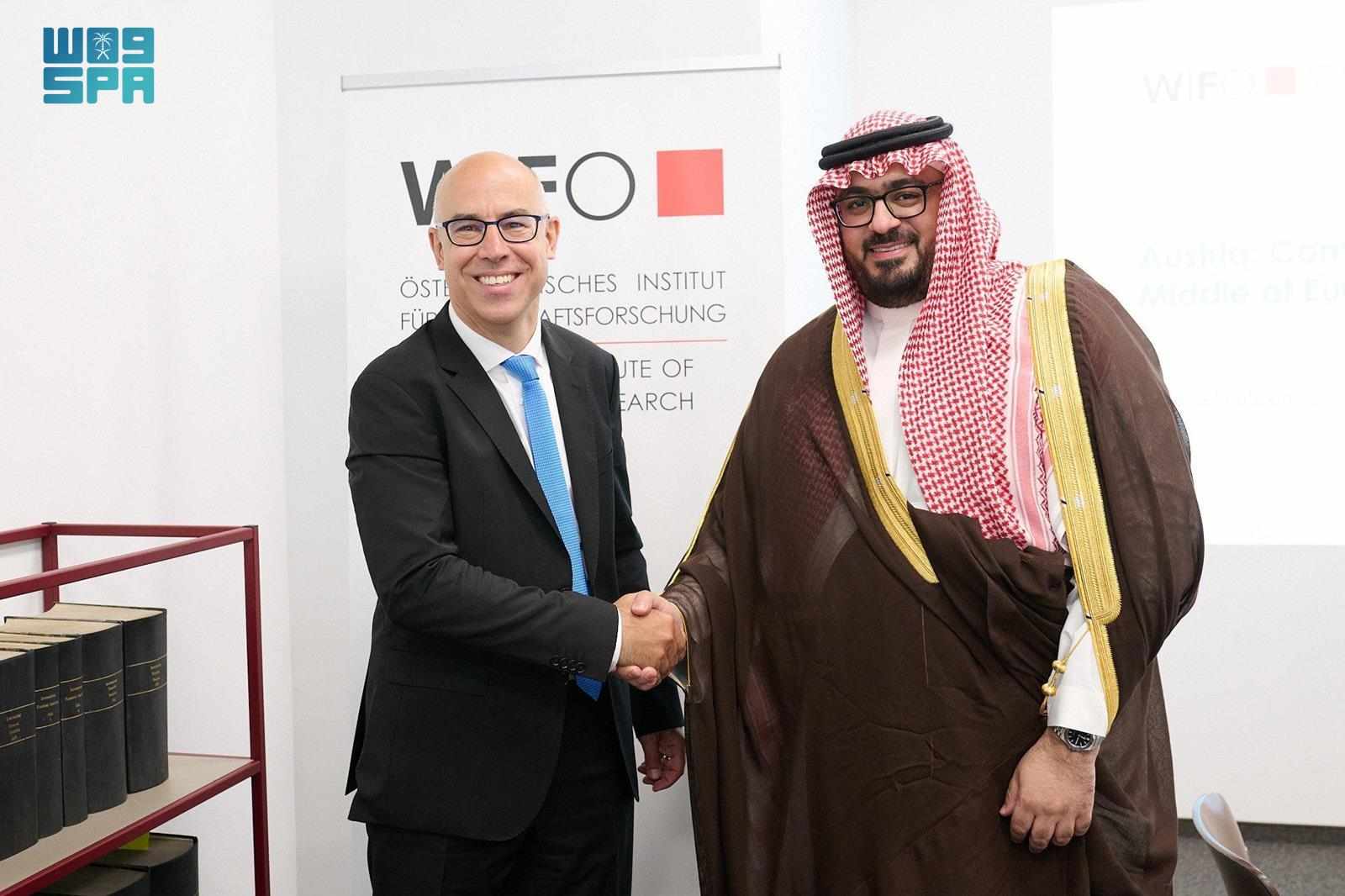Regulatory shortcomings hinder green finance in GCC states
- Date: 30-Aug-2022
- Source: Zawya
- Sector:Financial Services
- Country:Saudi Arabia
Regulatory shortcomings hinder green finance in GCC states
A lack of regulatory and institutional frameworks has deterred Gulf governments and corporations from deploying sustainability-related finance, although recent actions by Saudi Arabia’s sovereign wealth fund and the UAE’s largest bank could spur wider take-up of green bonds and loans.
Green investments in six major Gulf industries agriculture and food, construction, power, transport, water, and waste management – could have a “profound impact” by 2030, contributing up to $2 trillion in cumulative GDP and creating more than 1 million jobs, consultants Strategy& predict in a 2022 report.
Green finance, although relatively undeveloped in the Gulf will be crucial to diversify the region’s economy and halt a longstanding decline in foreign direct investment relative to GDP, the report notes.
“Middle East companies generally haven't been on the leading edge of green finance due to a lack of a regulatory or institutional framework,” said Jeffrey Beyer, Managing Director of Zest Associates, a UAE-based sustainability consultancy.
“Those frameworks are really important to give everybody confidence in the market and have been slow to develop. The Gulf also relies less on foreign direct investment than other regions, so attracting environmentally conscious investors from Europe and the U.S. has been a lower priority. The demand-side push for green instruments




















